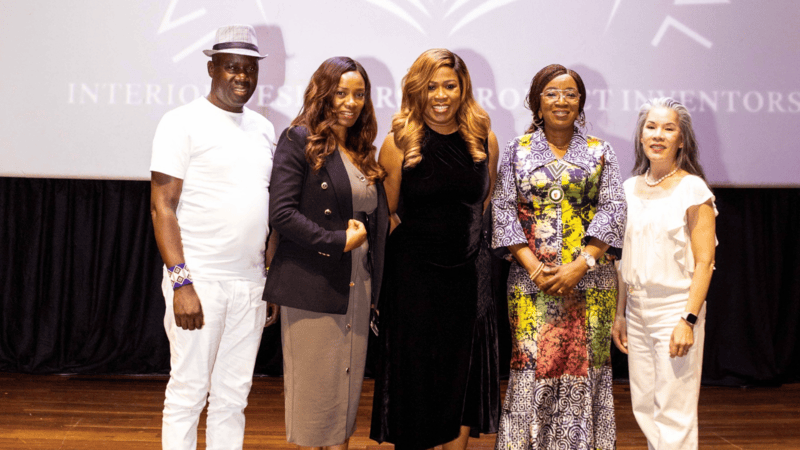The Nigerian design community marked a historic milestone on Monday, October 27, 2025, with the official launch of the Institute of Professional Interior Designers and Product Inventors (IPIDPI) at Alliance Française, Lagos. The event brought together leading architects, designers, educators, and policymakers across Africa to celebrate a new chapter in the country’s creative economy, one grounded in education, regulation, and innovation.
The launch of the Institute establishes Nigeria’s first formal regulatory and licensing body for interior design and product invention. Its mission is ambitious: to standardise education, certify practitioners, and align Nigerian design practice with global standards while promoting local creativity and cultural identity.
Delivering the opening address, Titi Ogufere, Founder of the Interior Designers Association of Nigeria (IDAN) and former President of the International Federation of Interior Architects/Designers (IFI), traced the long journey leading to this moment. From founding IDAN in 2007 to organising Nigeria’s first degree curriculum in interior design, Ogufere has been at the centre of efforts to professionalise design education in the country.
She described the new institute as “a transformative step toward ensuring that Nigerian designers receive the recognition, regulation, and respect they deserve both locally and globally.”
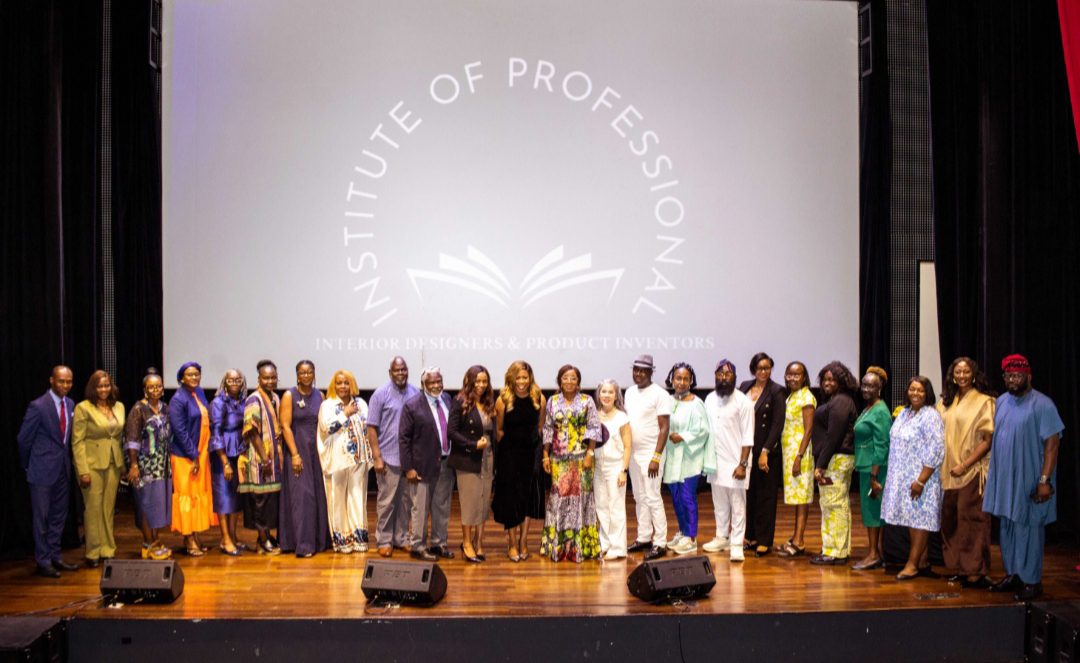
Ogufere emphasised that the profession faces a growing crisis. “Over 90% of those who practise interior design in Nigeria do so without formal certification,” she said. “We have unaccredited schools, uncertified programmes, and practitioners without ethical grounding. This affects public safety, industry standards, and the very perception of design in Nigeria.”
The IPIDPI, she explained, is designed to fill that gap by defining who qualifies to practise, setting educational benchmarks, and creating pathways for continuous professional development. It will also include product inventors, a growing sector of designers working in furniture, lighting, and materials innovation, under a unified framework that promotes innovation and intellectual property protection.
“Before any profession becomes regulated by law, it must first organise itself,” Ogufere explained. “Architecture, medicine, and law all began this way, by building their own structures first. That’s exactly what we’re doing here today.”
Education, culture, and the human dimension of design
From a continental perspective, Professor Odock Pido of the Kenya College of Interior Design added an intellectual and cultural depth to the proceedings. His lecture, titled “Design, Culture and Human Development in Africa”, explored how design and product invention in Africa must remain rooted in cultural values and lived experiences.
“Interior design and product invention are culture-driven disciplines,” Prof. Pido noted. “They reflect the lived experiences of people and their values. From the geometry of African fractals to Swahili-style interiors and Maasai colour harmonies, our design traditions embody both history and identity.”
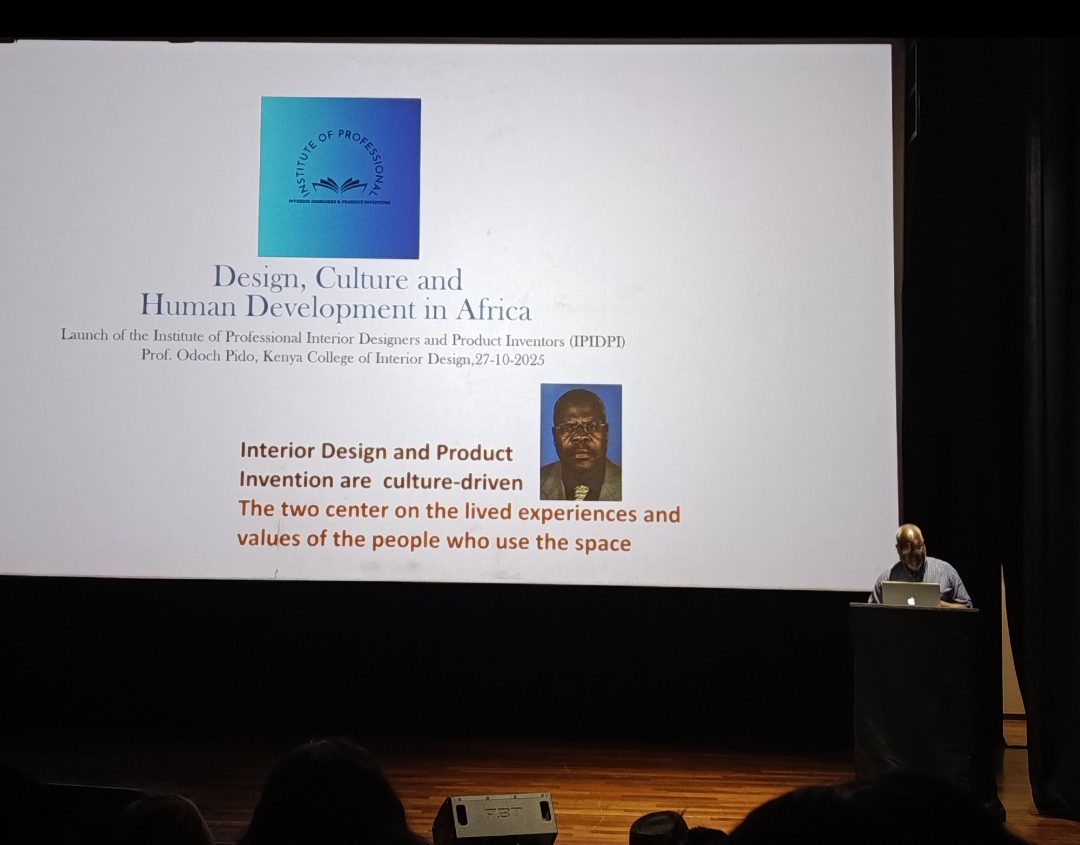

He highlighted that Africa’s design heritage, characterised by patterns, symmetry, and symbolic colour, offers the foundation for a modern creative economy that is authentically African yet globally competitive.
Pido called for practice-based research and the creation of a Depository of Design Excellence to document and preserve indigenous design knowledge for future generations.
His presentation drew a clear link between culture, education, and human development. “The development of Africa through design will require courage, innovation, and education reform,” he concluded. “We must find ways to certify practitioners, including those informally educated, without compromising on excellence.”
While Arc. Mobolaji A. Adeniyi, President of the Nigerian Institute of Architects (NIA), in his keynote address, described the launch as “a bold vision for the future of Nigeria’s design ecosystem.” He celebrated Ogufere’s leadership and stressed that the IPIDPI complements rather than competes with architecture.
“Architecture gives form and permanence to our spaces, but it is interior design that infuses those spaces with life, character, and meaning,” Adeniyi said. “This institute completes the design continuum, from architecture to interiors, from interiors to the products that make them functional and human-centred.”
He warned that the proliferation of unregulated training institutions and inconsistent educational standards has created a void in Nigeria’s creative industries. “The demand for qualified designers has never been greater,” he said. “The IPIDPI is the answer to that challenge, offering a unified framework for certification, education, and professional ethics.”
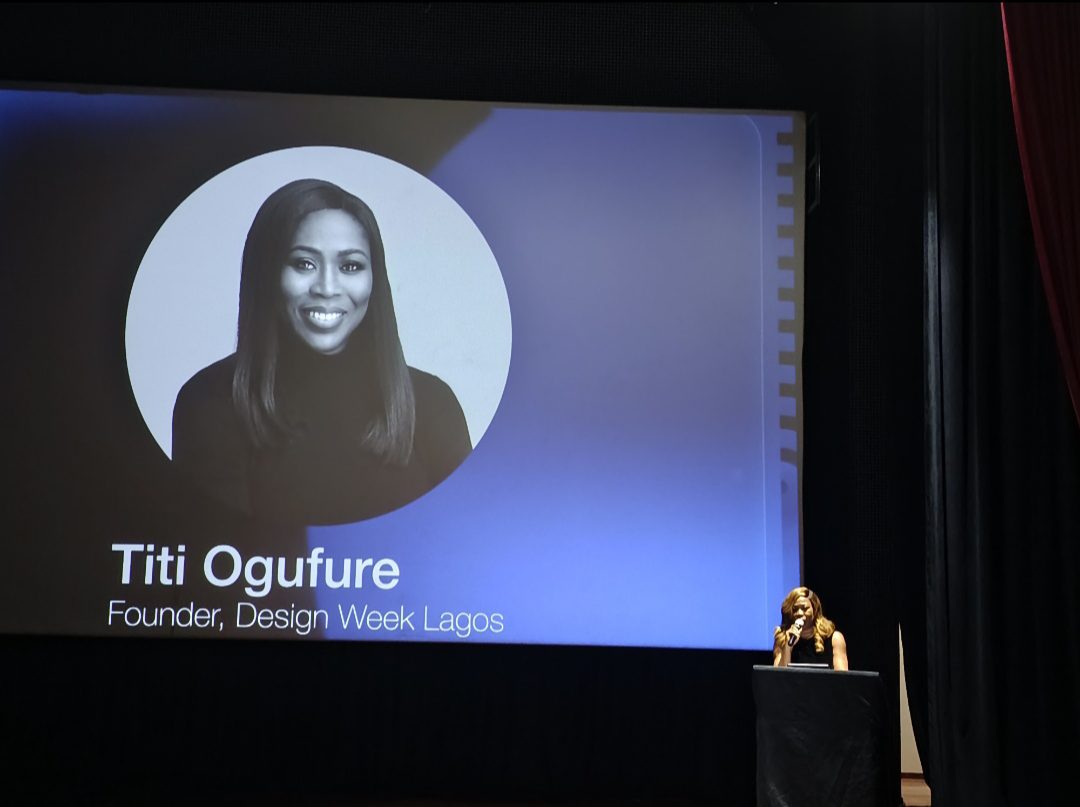

Adeniyi also linked design directly to economic growth, noting that nations such as Italy, Finland, and South Korea have leveraged design and innovation as engines of industrial expansion. Nigeria, he argued, could achieve the same by linking designers to manufacturers, investors, and policymakers through structured professional systems.
“Design is not a luxury; it is a tool for national transformation,” he stated. “When we regulate design, we protect the public. When we invest in design, we invest in innovation.”
Toward a global yet local identity
One of the most resonant themes across all speeches was the balance between global relevance and local authenticity. Adeniyi noted that the new institute’s alignment with the IFI Global Education Policy and collaboration with the African Council of Interior Architects and Designers (ACIAD) ensures that Nigerian design education meets international standards while remaining culturally grounded.
This dual commitment, he said, is Nigeria’s competitive edge. “Our designers must not only be employable globally but indispensable locally.”
Both Ogufere and Adeniyi emphasised mentorship, inclusivity, and sustainability as core pillars of the Institute’s agenda. With women leading the charge in Nigerian design and a growing number of young practitioners entering the field, the IPIDPI aims to nurture talent through training programmes, mentorship networks, and research collaborations.
Ultimately, the establishment of the Institute of Professional Interior Designers and Product Inventors represents more than a new organisation; it marks the beginning of a professional revolution in Nigeria’s creative sector.
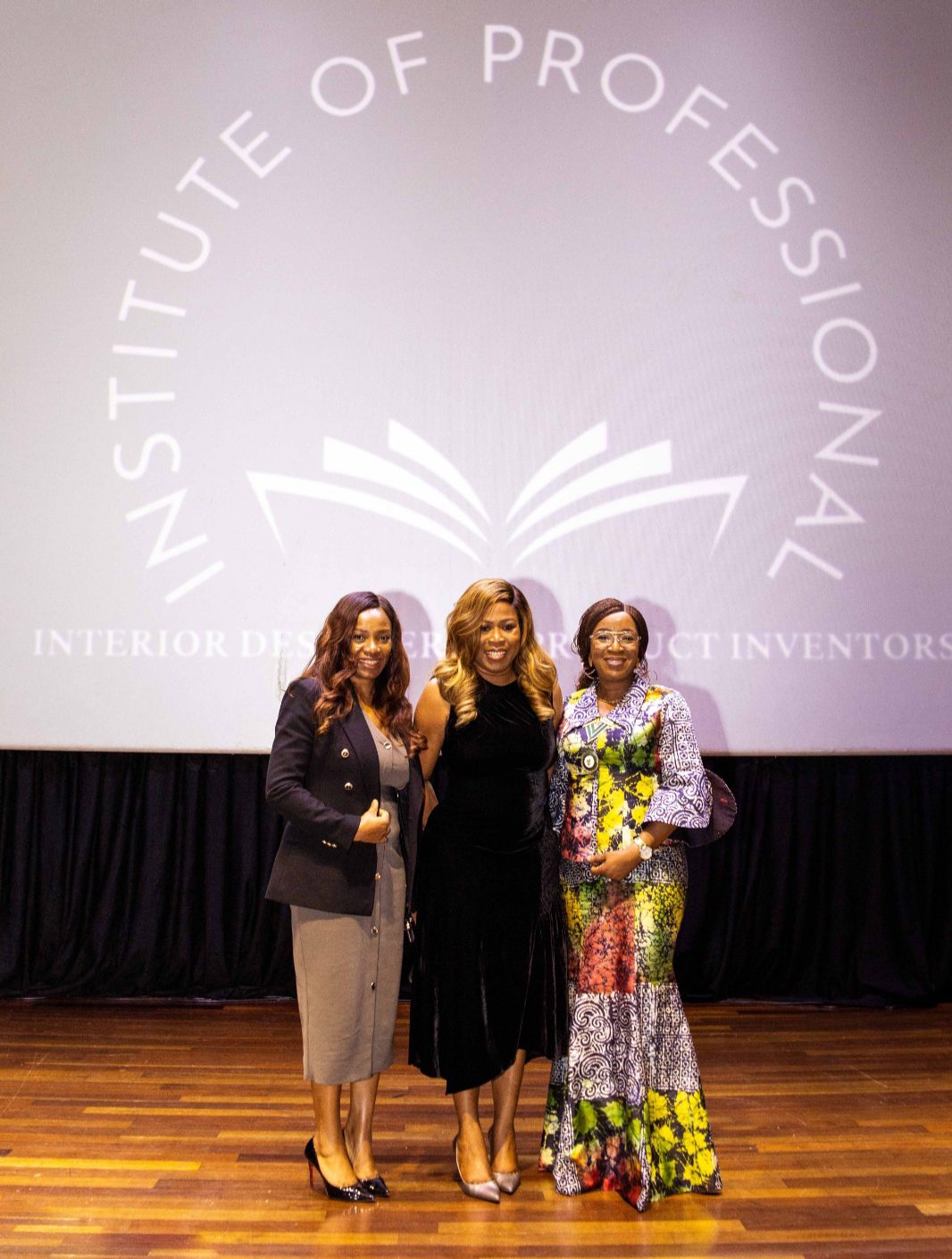

It signals a future where design is recognised as both an art and a science, a cultural expression and an industrial driver. It also underscores Nigeria’s role as a continental leader in design education, regulation, and innovation.
As Arc. Adeniyi aptly concluded, “This launch is a promise, a promise that Nigerian creativity will no longer remain unstructured or undervalued. It is a pledge that excellence will be guided by ethics, innovation by education, and creativity by collaboration.”
For a country whose creative industries continue to define its global identity, the IPIDPI stands as both a symbol and a system, a foundation for the next generation of designers, innovators, and inventors who will shape the future of how Nigeria lives, works, and creates.

